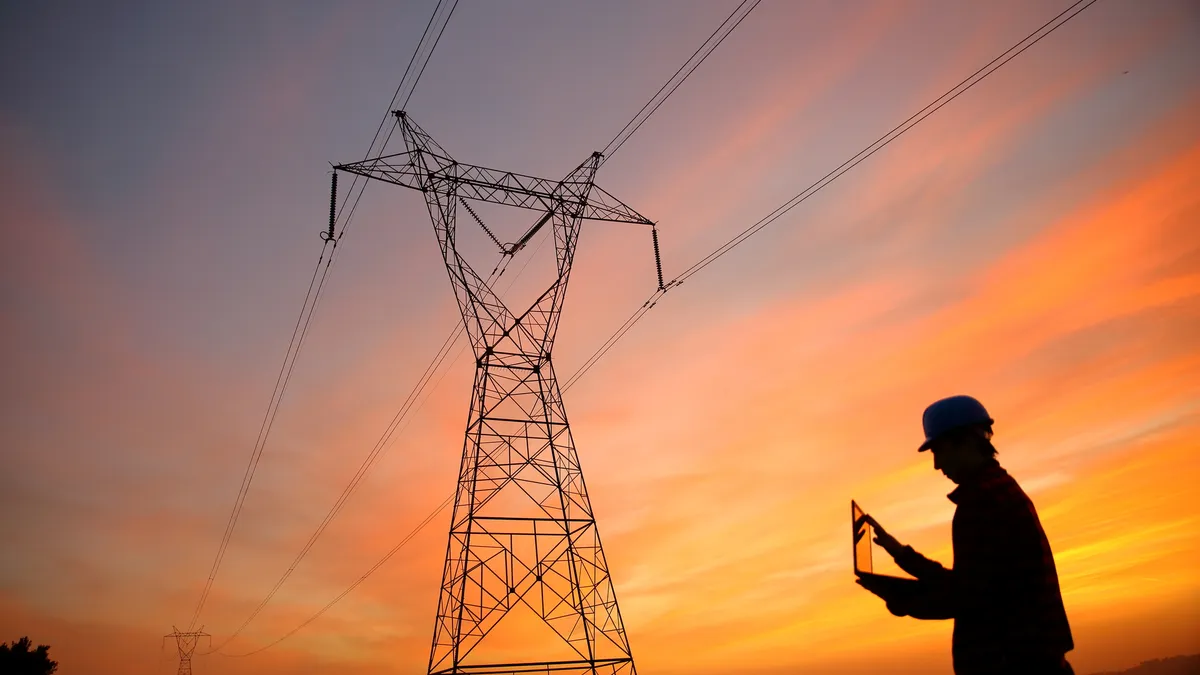Dive Brief:
- The Colorado Public Utilities Commission has approved new energy efficiency targets for Xcel Energy, raising them 25% above what the utility had requested in order to "provide increased benefits to customers
and reduce the cost of utility investments." - Xcel's subsidiary, Public Service Company of Colorado, will need to reach annual energy savings of 500 GWh from 2019 to 2023.
- The utility is in the process of reimagining its Colorado energy mix, and earlier this month filed a Clean Energy Plan with state regulators, proposing to retire a pair of coal units and to add 1.8 GW of renewables.
Dive Insight:
Energy efficiency has proven itself to be a sufficiently-reliable resource that Colorado regulators are no longer convinced by Xcel's arguments for lower demand side management (DSM) savings targets.
"While Public Service has historically argued for lower energy savings goals based on a 'changing marketplace,' we conclude that the company’s achieved annual DSM savings demonstrate a remarkably stable market for cost-effective electric DSM," regulators said in their order.
Xcel had said the annual savings target should remain at 400 GWh, arguing the goals are more difficult to reach each year as the so-called low-hanging fruit of efficiency savings are achieved. But regulators added 25% to the company's goal for the next five years.
The commission approved a $78 million annual efficiency budget for Public Service Company of Colorado. Previously, it had allowed the utility to exceed that by 10% if it found additional cost-effective efficiency investments it could make. That cap has now been raised to 20%, resulting in a total potential spend of $468 million over five years. The order said this cost will be paid for by ratepayers.
The commission also agreed with the Colorado Energy Office that an analysis of the efficiency spending's cost effectiveness showed the programs have previously saved consumers millions. "DSM programs are not a burden on ratepayers but instead save ratepayers money," the commission said.
Xcel's latest plan to clean up its Colorado energy mix calls for shutting down a pair of coal units capable of generating 660 MW, along with adding 275 MW of energy storage and purchasing power from existing gas resources.
To replace the retired coal generation Xcel would also look to 1,100 MW of wind energy and 700 MW of solar.
If regulators approve Xcel's clean energy proposal, it would take the utility's coal generation from more than 40% of its resources last year to less than a quarter within a decade.














